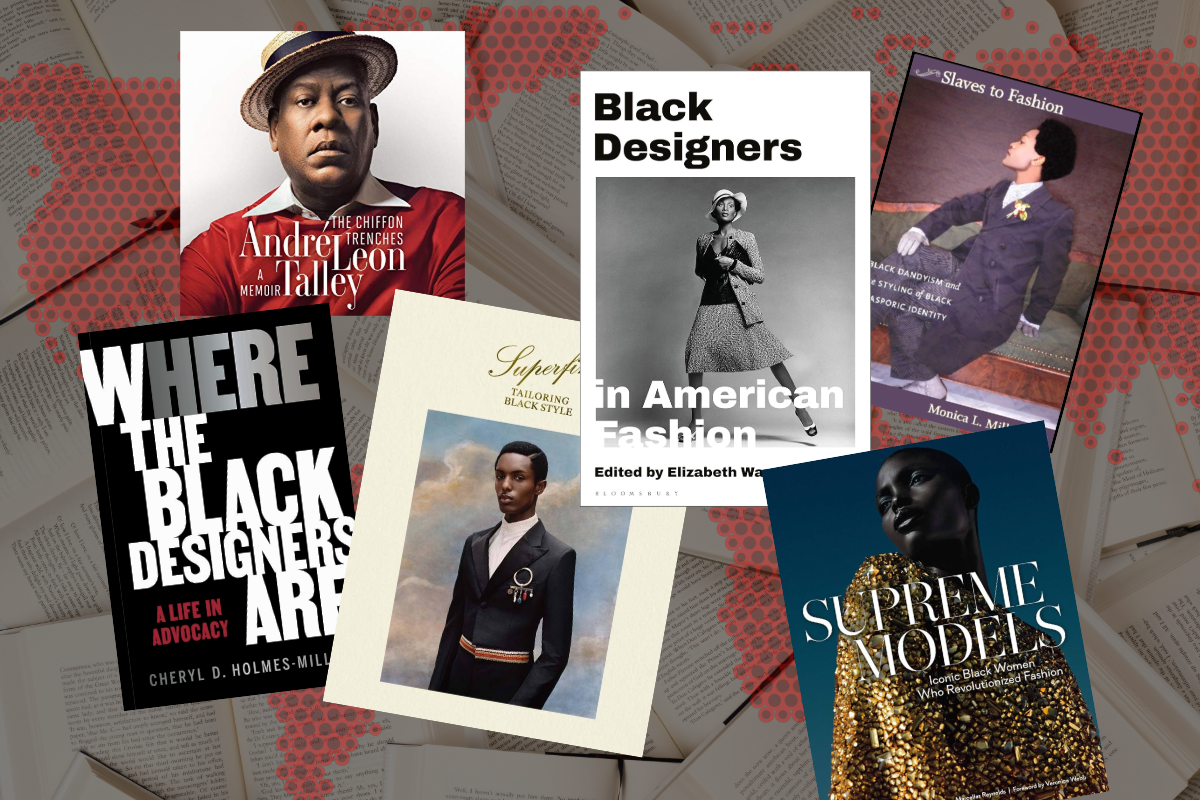Main Image: Courtesy of ReBrand Cities.
An active professional worker in the 21st century has many challenges that previous generations didn't have. You need to be a competitive candidate in an overpopulated world with many qualified people looking for the same job. You must be extremely cautious and responsible with your social media presence as it is an extension of yourself and your resume.
When candidates run for office, they start a long, exhausting campaign where they consider every aspect of themselves in order to stand out as the most appealing candidate for the people. In today's world, each of us is living in a permanent campaign to stand out and keep winning to grow or remain in the race.
A key concept when making the permanent campaign of being yourself is public image, the opinion that many people have of a person (Merriam). Regardless of the industry or field where you are working, your image can be a key factor in your growth or decline during your professional journey. Public image has been a key factor in election results, hiring processes, marketing strategies, and admission applications. In this article, you'll learn how you can use some public image strategies in your favor.
So whether you are a person who is constantly speaking in public and targeted by the media, or you are simply concerned about how you can use your public image in your favor, here is a list of things you should do during your permanent campaign being yourself.
Never lie.
Some people might say that "little lies don't hurt anyone" or that "it's not a lie if you don't get caught," the problem is that there is no tangible way to determine how big or small a lie is, and you will never know for sure if people find out about a lie you say.
There will be moments where co-workers, employers, or any person around you will ask you an uncomfortable question. Maybe it is about expenses or the potential date for concluding a project. And even though it can be tempting to say, "I'll have this project by Friday," even when you know that the project would take at least a few more days, be honest. And if you genuinely don't know the answer to a question, "I don't know" is a valid response. It's way better to admit you don't know something than attempting to guess without having enough information.
It is never a good idea to hide the truth. We live in an overly-informed world where our phones hear us, cameras are everywhere, and people love to speak, so truths are almost impossible to hide. Don't lie. The truth will eventually come out, and it's very difficult to recover people's trust after earning the reputation of being a liar.
Love Your Clothes

Think of a soldier, a president, a CEO, a business person. What kind of image comes to your mind? What do their clothes look like? Most likely, you thought of a tailored suit, a clean well-suited uniform, or a formal garment with solid neutral colors that communicates authority and professionalism.
Regardless of gender, being impeccably well-dressed is fundamental not only in the early stages of your career but throughout your professional journey. We live in a very visual world based on first impressions and a lot of competition, so it's very critical that you take your personal image seriously.
Loving your clothes and dressing properly doesn't mean spending huge amounts of money unnecessarily. A couple of garments in neutral colors like greys, navy blue, black, white, or olive green will be your life-savers as you can easily style them with other colors or even prints. Find the right balance between overdressing and underdressing. Trying too hard will make you feel uncomfortable, and people will see that. On the other hand, if you present yourself too informally, that will be seen as a lack of commitment to the work you are performing. So do your research before deciding what clothes to wear. If it's your first day of work, a tailored suit is always a good idea unless you receive different instructions, or your job is more casual or involves sports.
One of the most important aspects of loving your clothes and dressing properly is fit. As gorgeous and beautiful as a blazer may be, if the shoulder pads make you look like a football player and the sleeves are covering your hands, you won't be communicating professionalism or authority, quite the opposite. So take some time to visit a tailor, or ask for help from that friend or family member to make sure your clothes are nicely fitted and ready to go. Fit applies to formal and informal clothing. The hem of jeans and casual skirts must be in the right spot, polo shirts should be nicely pressed and should fit properly. All of these visual aspects contribute clearly to the permanent campaign of being yourself.
Smile

There are studies that show how smiling can have a direct influence on your emotions and how this may have a "mirror effect." This means that whenever you see someone smile, there's a big chance you will smile as well.
Smiles can communicate happiness, joy, or even laughs. Smiles are very helpful when you're meeting someone for the first time when you are starting a conversation, a video conference, or concluding a long talk. Think of those kind waiters and waitresses that greet you with a smile or those high school teachers that always kept that positive energy. Adopt that positive energy and radiate it to the people around you to connect and communicate.
Take some time to practice your smile in the mirror to make it as real and powerful as possible. If you struggle to make your smile look real, fake it till you make it! You'll start to notice that you have the power of making other people smile, which at the same time will improve your presence and public image. This smile power can also influence your social media presence, so make sure that you have a great headshot of you smiling as a profile picture in your social media profile.
Be kind

When you are kind, the chances of other people being kind to you increase significantly. And the great thing about kindness is that it is free. There are many small actions that don't require a monetary investment and will make other people feel valued and supported: Remembering people's birthdays, listening to someone's concerns, noticing a new haircut or a nice accessory are all small kind actions that can help you to connect with your colleagues easily.
Be smart enough to recognize when to do actions of kindness and to whom. For instance, if you are in the middle of a competition with other members of your team, it's not the best idea to buy a gift for the people who will choose the winner of this competition. At least not while the competition is happening.
Of course, all gestures must be genuine, and never expect that every action of kindness will have a direct positive response towards you in the short term. This is all about being in a permanent campaign where people may remember you as the kind folk from the office and might be in the future your connection for another job or a good professional opportunity.
Think of a person who has been kind to you: a family member, a friend, a teacher, a colleague. What did they do to make you think of them as "kind"? How did they make you feel? How can you portray that feeling to other people in a genuine manner?
Work with people

A recent study shows that less than 10% of employees like to work in a team. This means that nearly 90% of them don't like to work in teams or don't have a preference. Working in teams is a soft skill that many people don't have or prefer not to practice.
So the question here is: Do you know how to work with other people, or are you always looking for the chance to work individually when possible?
Knowing how to work with people is a very important and underrated skill, regardless of the role you represent in a company or if you're working independently as a freelancer or entrepreneur. Presidents have a team, CEOs work closely with other business people, and artists need their managers and representatives to keep working. We all have different skills, experiences, and backgrounds, so putting them together in a team can create bigger things than what we can create in an individual manner.
So as chaotic, problematic, stressful, and complicated as teamwork may be, it is inextricably part of the permanent campaign of being yourself. There is always the person who is good with numbers and another who is good with visuals, or time management, or communication. One person cannot do all the work. It takes more than one person to make a building, to put together the pieces of a car in a factory, to design and construct a clothing collection.
Accept and understand your own strengths and weaknesses as well as the strengths and weaknesses of your colleagues and members of your team; you'll realize how everyone brings something unique that will help you accomplish the goals you have.
Build Your Reputation

Your reputation is the perception that other people have of you and your work. You cannot control what people say about you but you are in control of your actions, decisions, and the words that come out of your mouth, which directly influence your reputation.
Ask yourself: "How do I want people to think of me?" "What kind of impression am I trying to make?" "What do I have to do in order to make this impression?" It's all about connecting and being very mindful about all your actions as they speak about the person you are. Are you kind or bossy with the waiter in the restaurant? Do you drive aggressively? Is your Instagram full of photos of parties and drinks? Be consistent with the image that you are trying to portray and the actions that you are taking. All of these together build your reputation, and your reputation is constantly changing for good or bad. So what actions are you taking today to build a good reputation?
Accept defeats.
Even though most people decide to start a campaign with the only goal of winning, there are moments when the results are not what we expected. Sometimes it is a lack of experience, or a very strong competitor, or a very challenging race. Whatever the case is, accepting defeat gracefully is part of the permanent campaign of being yourself. Accept the results, recognize the winner of the race, analyze the areas of opportunity where you can improve, and be ready to move on, because being stuck deploring a lost race will waste your time for getting ready for the next one, and a lack of anger control will definitely hurt your reputation.
More races will come, more opportunities will come across if you are willing to see them and welcome them into your world. As with all campaigns, there are highs and lows. There will be moments when you will feel like the most supported candidate and moments where you will make mistakes that will cost you some votes. But remember why you decided to get into the campaign in the first place; that will be your motivation to remain in the race and keep growing.







